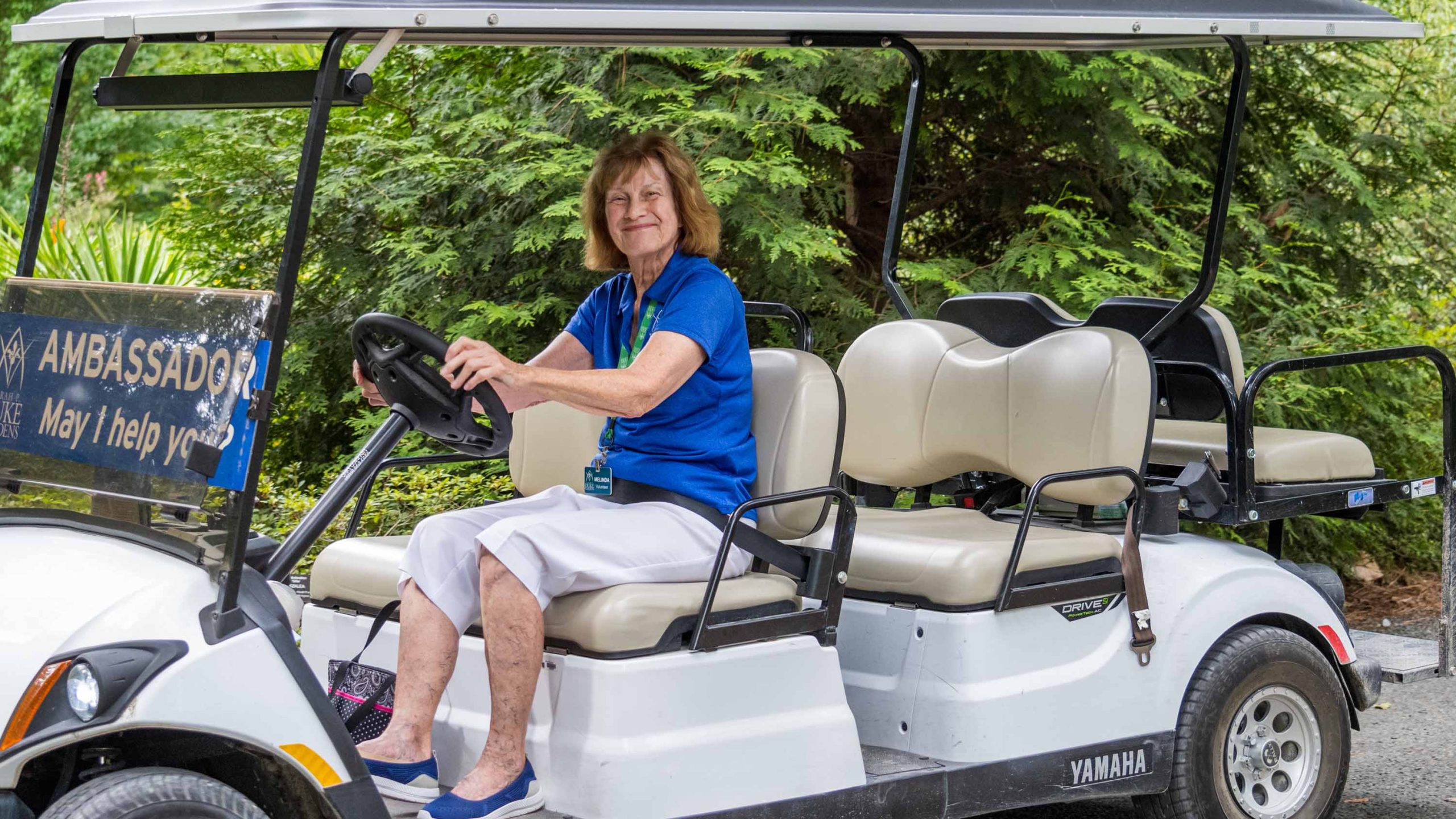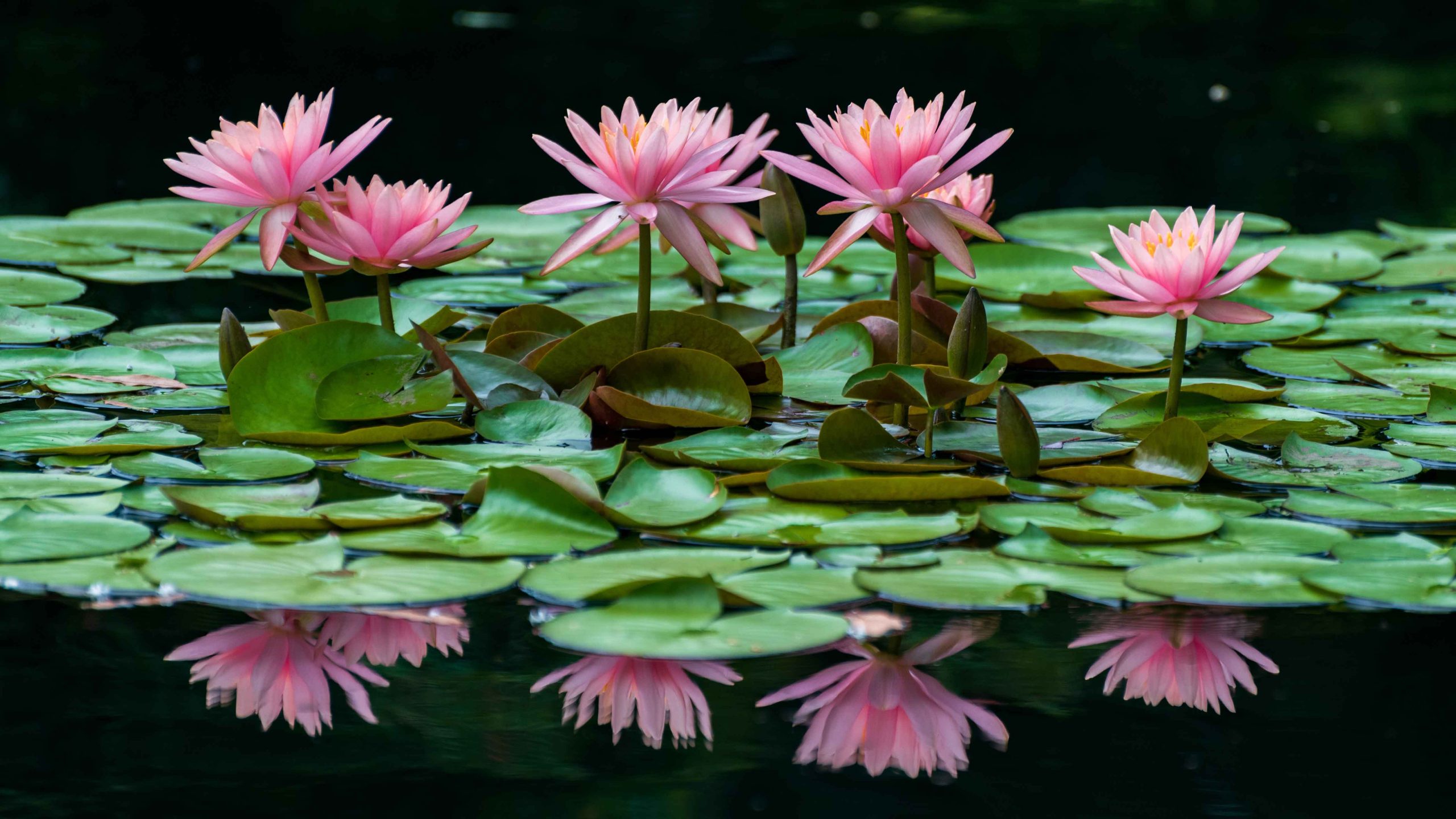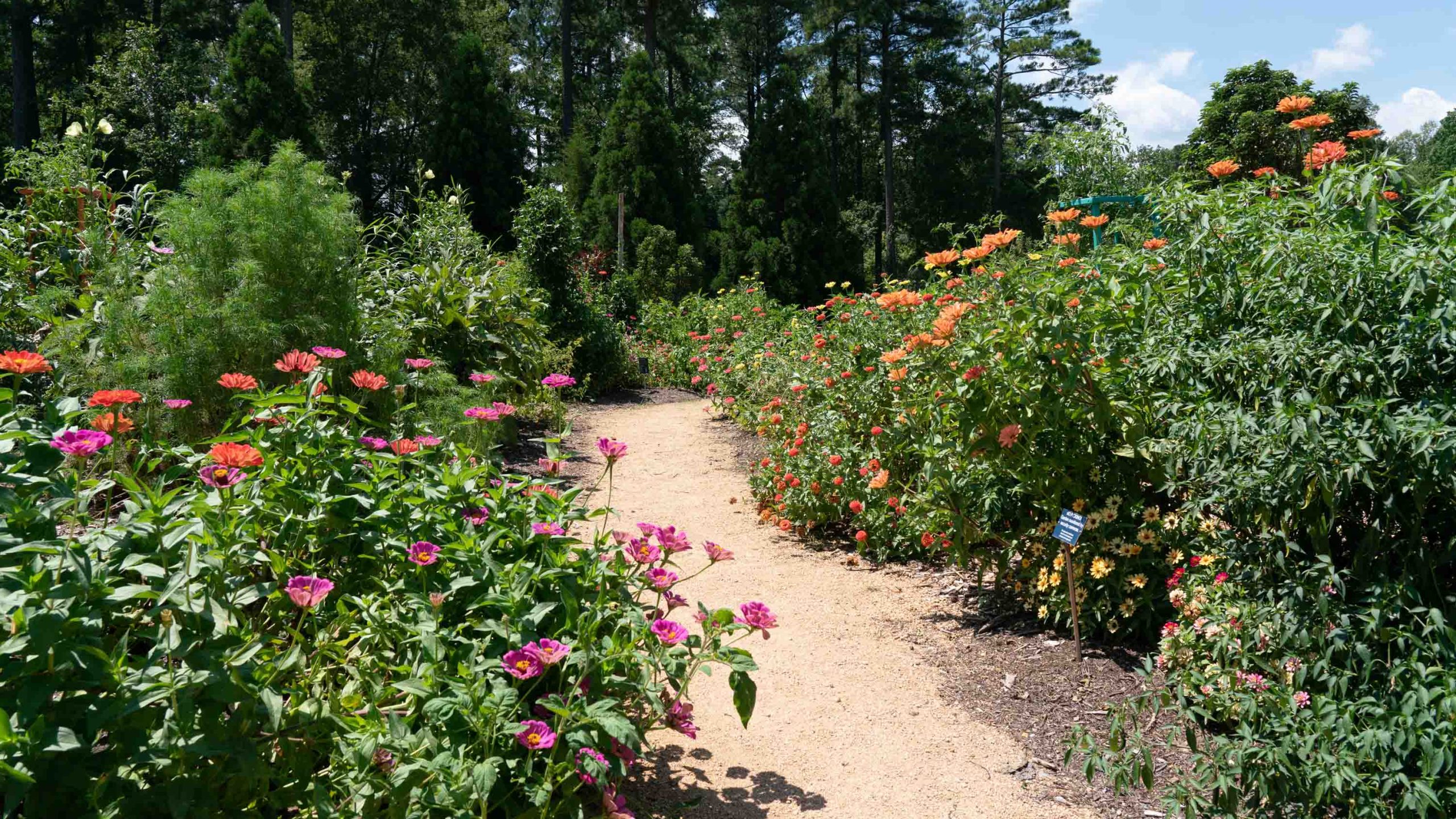Enrich your visit to Duke Gardens with a variety of educational and enjoyable tools and activities.

Chat with an Ambassador
Find a Duke Gardens ambassador (wearing a name tag or green vest) and ask them your questions! Learn what interesting things are growing right now, how to find the nearest restroom and more. Look for ambassadors at the Gothic Gate, the Blomquist Gatehouse, the Terrace Gardens or driving around in a cart–click for location information.

Explore What's Beautiful This Season
Check out the interesting and blooming plants at the Gardens. Every year unfolds differently, depending on seasonal weather conditions.

Enjoy Self-Guided Activities
Enhance your visit with materials and information for visitors of any age, whether you’re coming to Duke Gardens alone, with family or with a group.

Play & Learn with Family Activities
Adults with children in pre-K through 8th grade can play and learn at Duke Gardens – an ecoEXPLORE Hot Spot! Make new discoveries as you observe your way through the Gardens with activities like Observation Bingo.

Contribute to Collaborative Science
Collaborative science (also called citizen science or community science) is when people who aren’t professional scientists help to collect and analyze information used to answer research questions that can’t be studied without a large group of people. Here are a few of our favorite projects you can participate in from Duke Gardens.

Use Identification Tools
Many of the plants in our collection have labels, but the animals or fungi that live here don’t. If you want to figure out what that thing is, try using these tools!
Questions about your visit?
Please contact us at 919-668-1707 or GardensEducation@duke.edu.
